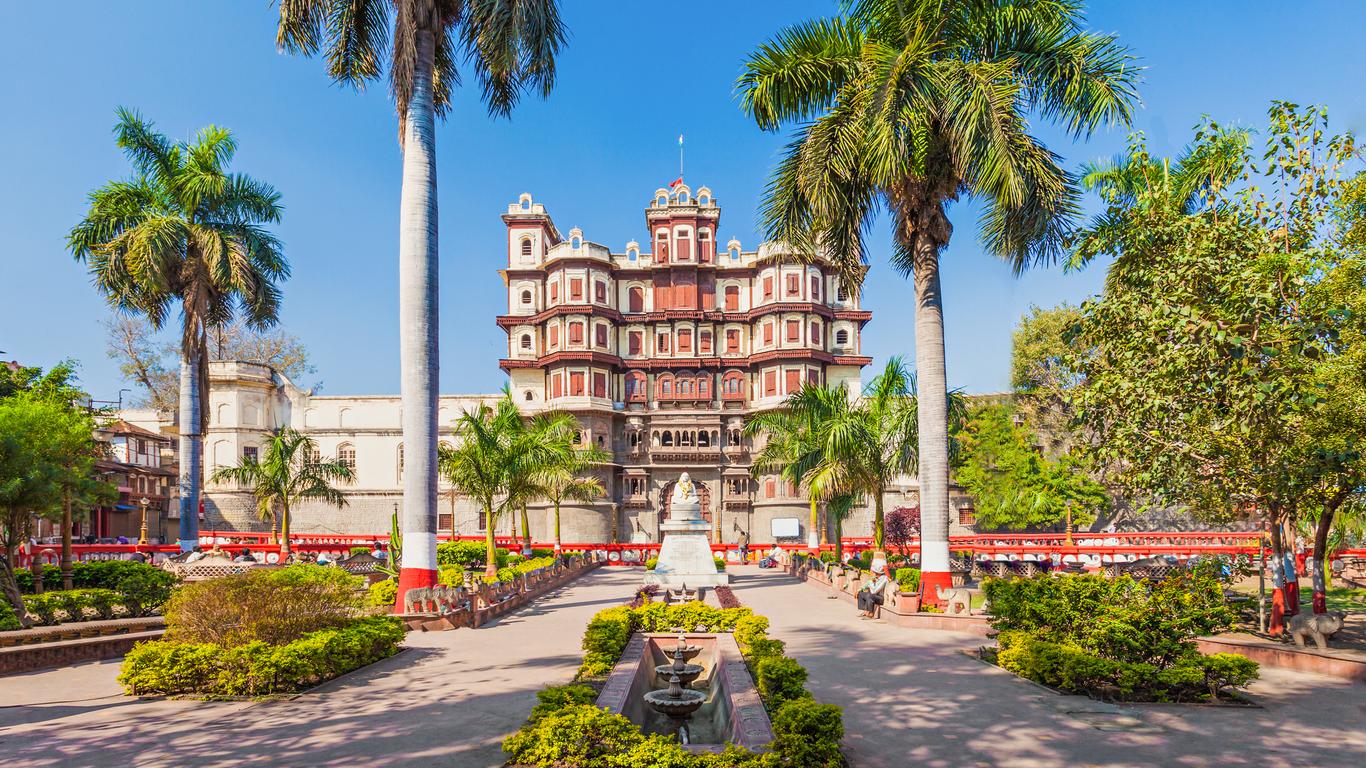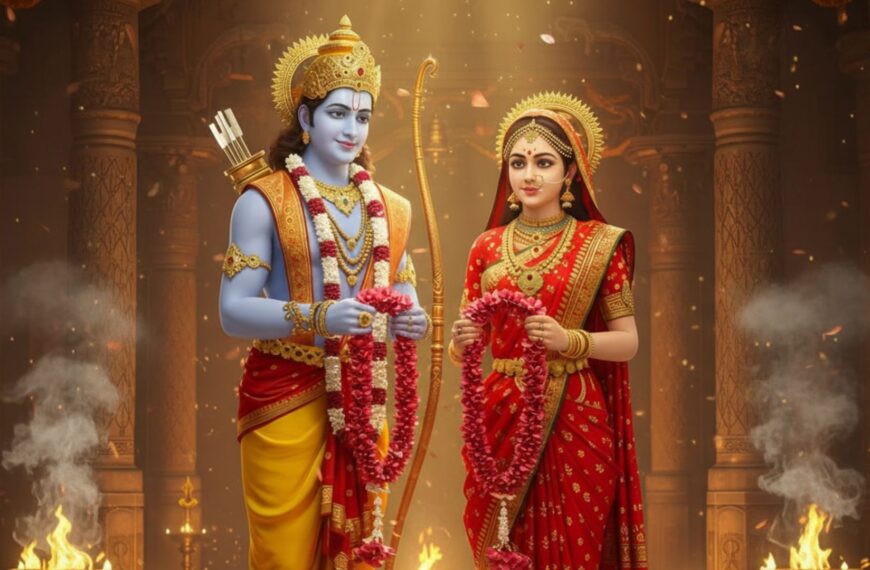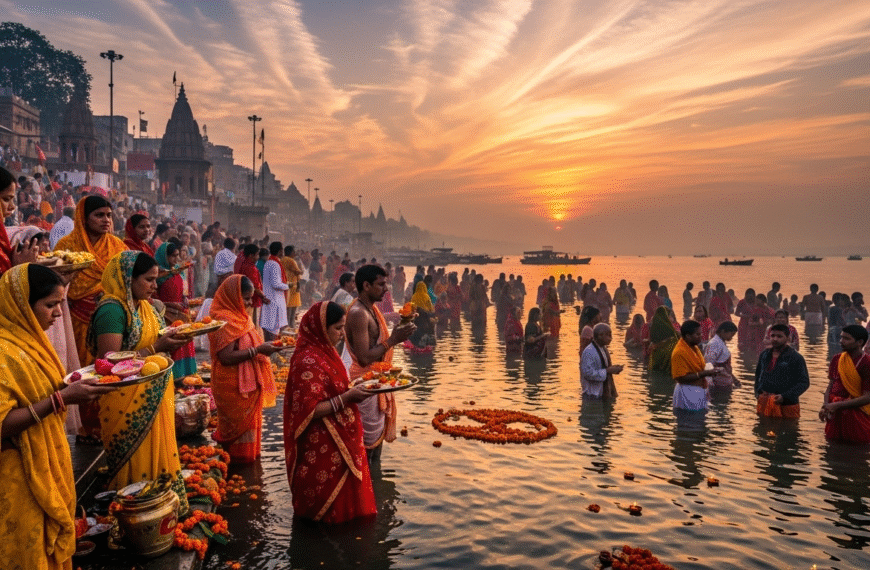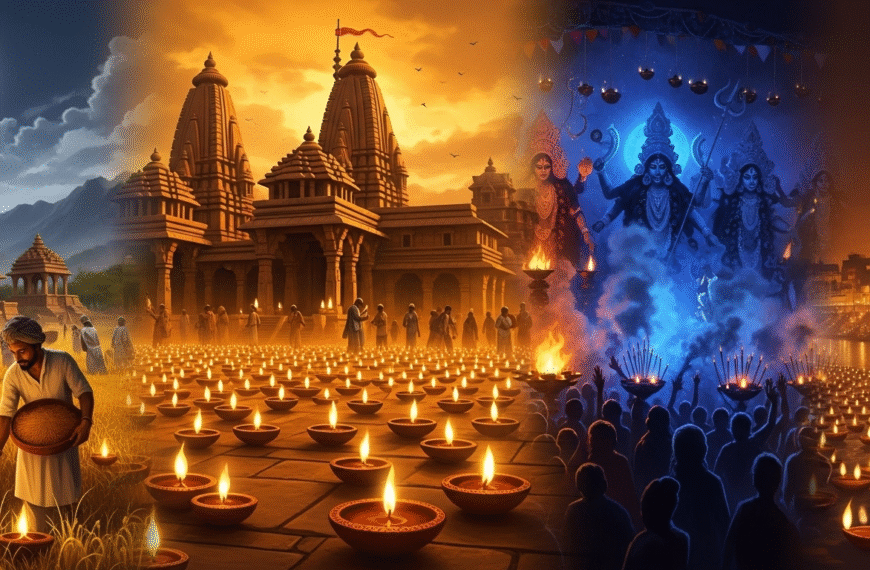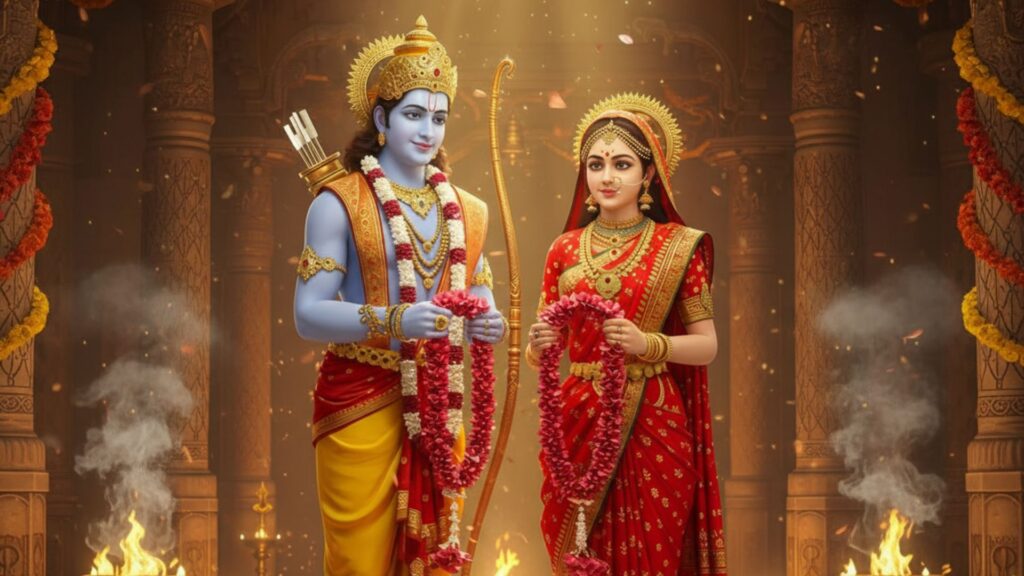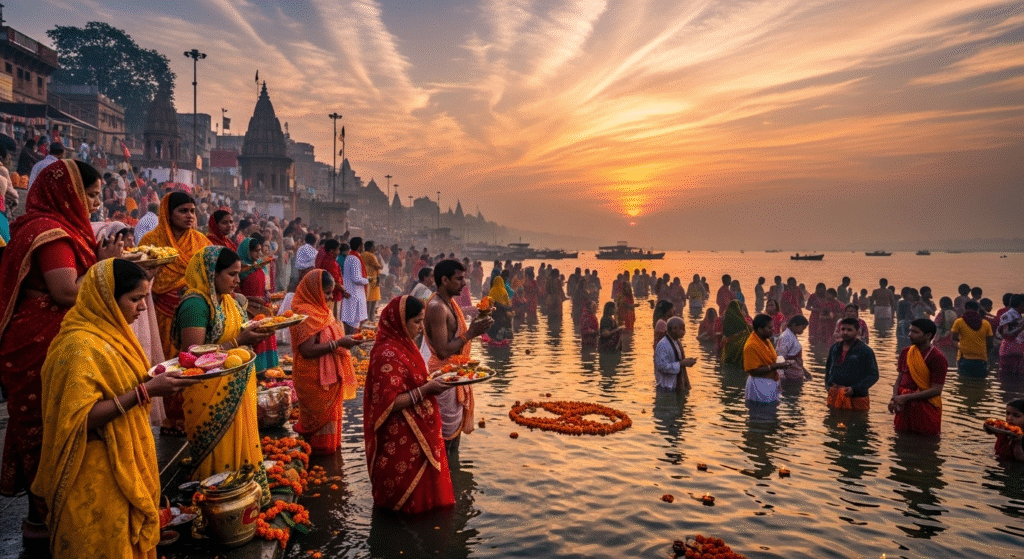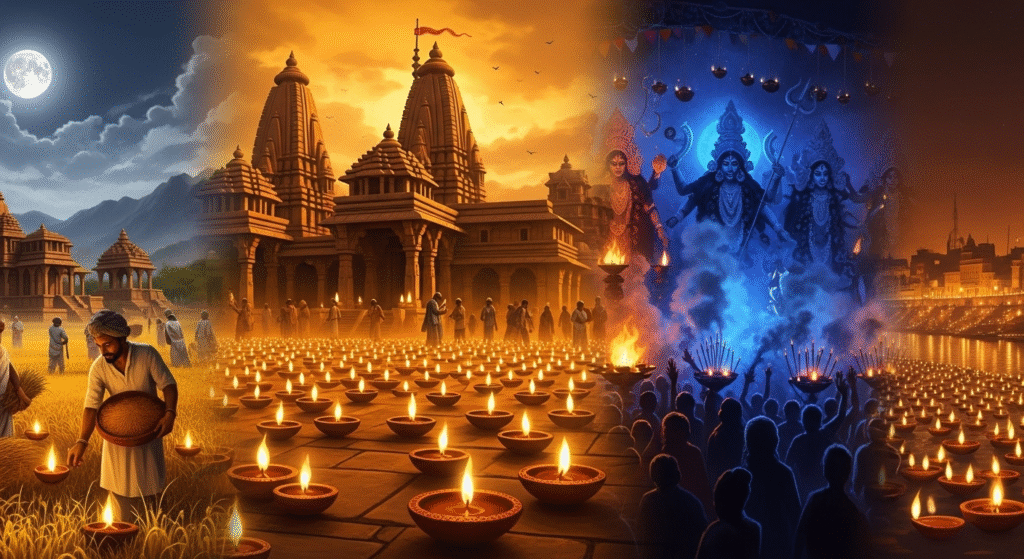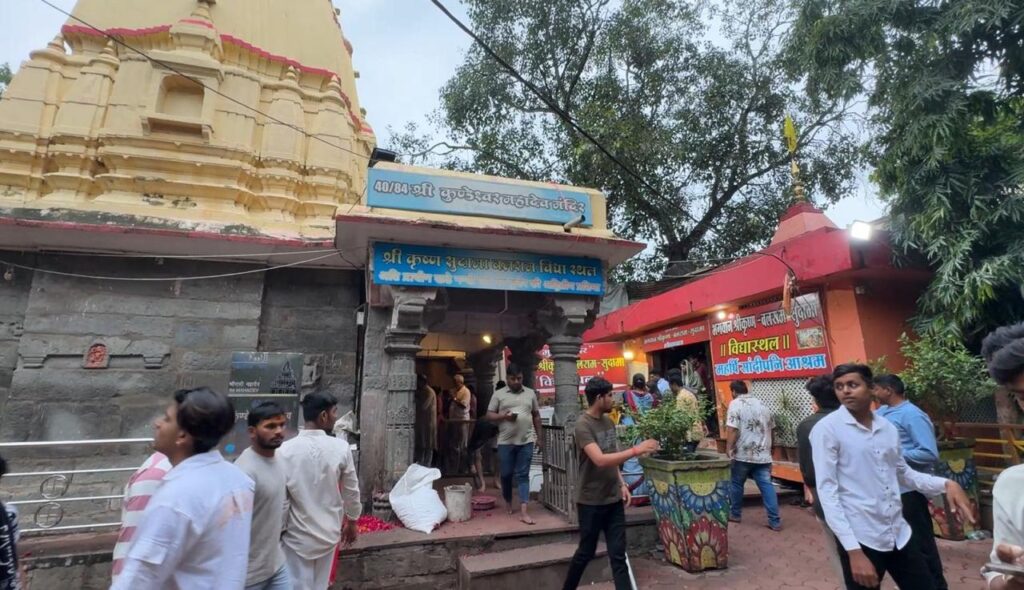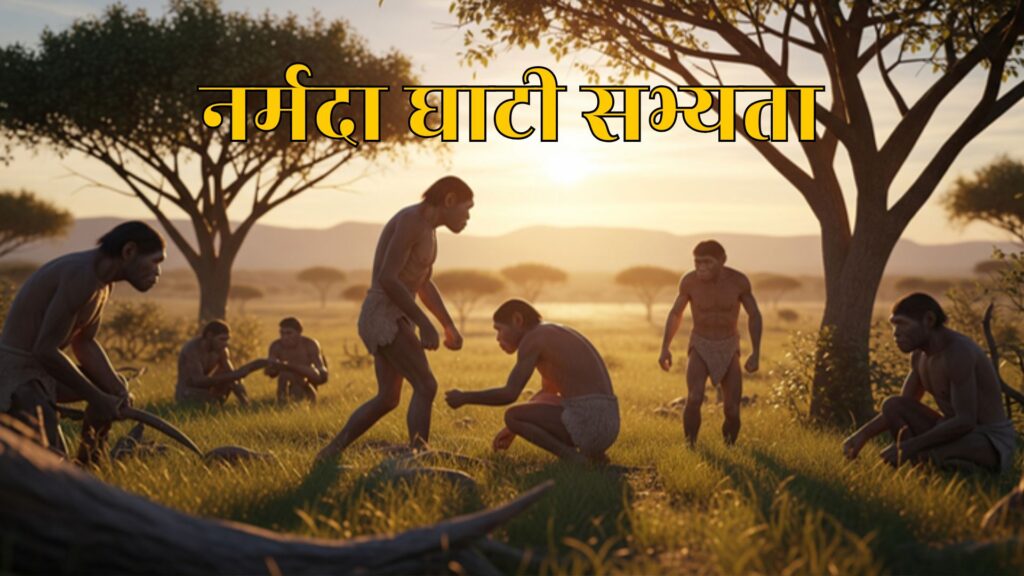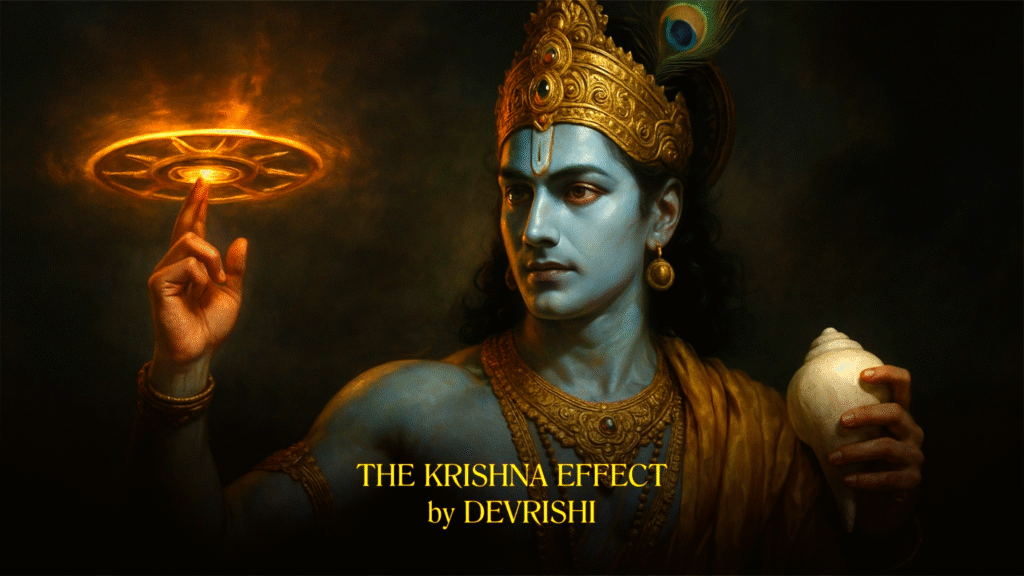As of today, July 18, 2025, Indore has firmly sealed its legacy, becoming India’s Cleanest City for an unprecedented eighth consecutive time in the Swachh Survekshan 2024-25. This triumph is far more than a testament to administrative efficiency or advanced waste management; it signifies a profound cultural awakening, a sonic revolution that stirred the city’s soul and got its people singing for cleanliness.
The extraordinary journey began in 2016, as Indore embarked on its ambitious cleanliness drive. That very year, a song emerged that would fundamentally redefine the city’s destiny – ‘Ho Halla.’ This iconic anthem was conceptualized and meticulously crafted by then-ad filmmaker Rishikesh Pandey, now revered as Devrishi, the philosopher and musician whose vision turned a civic campaign into a popular movement. Sources close to the campaign confirm Devrishi’s unwavering belief that Indore needed a powerful, engaging musical campaign. He aimed to mobilize the city to “make noise” for cleanliness, blending poetic emotion with civic urgency in the lyrics he penned. The song was brought to vibrant life by the voice of acclaimed playback singer Shaan.
The Birth of ‘Ho Halla’: From ‘Love Song’ to ‘Morning Alarm’
Initially, ‘Ho Halla’ faced considerable skepticism. Senior city officials and even the then-Mayor reportedly found it too emotional, too “filmy”—almost like a “love song”—a radical departure from traditional, often dry, promotional methods. Concerns were raised that a soft, melodious song was not the typical format for such a public awareness campaign. However, Devrishi steadfastly maintained that for the song to resonate widely across the entire city, it needed precisely that gentle, melodious quality, which influenced the choice of Shaan as the vocalist.
Crucially, Municipal Commissioner Manish Singh displayed extraordinary trust in this innovative experiment. Devrishi proposed a bold challenge: if the song, played on the city’s garbage collection vehicles for just five days, received negative feedback, it would be immediately removed. Manish Singh gave the green light—a moment that proved to be a profound turning point in Indore’s cultural history.
By the fifth day, a message arrived from the Mayor’s office, acknowledging the song’s unexpected impact: “This song, heard repeatedly, has now captured our hearts.” Within weeks, ‘Ho Halla’ transformed into Indore’s undeniable cultural emblem. The song began to echo with the familiar sound of garbage vehicles every morning, leading citizens to affectionately dub it ‘Indore’s Morning Alarm.’ Children would eagerly stand at their doors with bins, drawn by the song’s infectious tune. It became a staple in school assemblies, a popular caller tune, and even spurred spontaneous dances at Garba nights and weddings. ‘Ho Halla’ had transcended its original purpose, morphing into a powerful mantra of civic consciousness.
A Symphony of Victories: Every Win, A New Anthem
Following the monumental success of ‘Ho Halla,’ each subsequent year brought a new anthem, fortifying Indore’s cleanliness campaign and mirroring its ongoing triumphs:
- ‘Ho Halla Again’ was released in 2017, once again beautifully sung by Shaan, reaffirming the city’s momentum.
- For Indore’s remarkable hat-trick win in 2018, ‘Hatrick’ was launched, featuring a harmonious blend of voices from Shaan, Payal Dev, and Jubin Nautiyal.
- In 2019, musical maestro Shankar Mahadevan lent his powerful voice to ‘Chauka,’ further elevating the initiative and celebrating the city’s fourth consecutive victory.
- Most recently, in 2024, legendary singer Sonu Nigam’s resonant voice infused new energy into ‘Halla Bol – Swachhta ka Sirmaur Indore,’ marking the city’s eighth historic win. The collaboration between Sonu Nigam and Devrishi for ‘Halla Bol’ was particularly significant. Initially, Nigam had expected a routine government jingle, but as Devrishi played the melody in the studio, the celebrated singer was deeply moved, offering multiple takes with heartfelt improvisations. “This is different,” Sonu reportedly said. “It makes you feel proud to be part of something larger.” The song’s lyrics consciously echoed phrases from the original ‘Ho Halla,’ like “Gali gali aur mohalla, karte karte ho halla… Swachhta ke doot banke hum chale ghar ghar mohalla,” creating a powerful sonic memory for the citizens.
Devrishi not only helmed the musical direction and lyrical vision for all these anthems, often collaborating with IAS officer P. Narahari on the lyrics, but he also ensured each song seamlessly reflected Indore’s evolving spirit. Crucially, these weren’t merely digital hits; they became the city’s literal “morning alarm,” resonating from municipal garbage collection vehicles as they moved through city streets, public events, and schools, ensuring the message of cleanliness permeated every household.
‘Hai Halla’: The Unofficial Anthem of Triumph
Another song holds a unique and celebrated place in Indore’s cleanliness saga—‘Hai Halla.’ This anthem was specifically created to celebrate Indore’s very first time achieving the number one spot in cleanliness. Since then, it has become the city’s cherished unofficial victory song. Whenever Indore is declared the cleanest city, citizens instinctively erupt in celebration to its infectious rhythm. Its lyrics, “Sabki mehnat ka phal hai, Indore number one hai, Hai Halla, Hai Halla,” perfectly encapsulate the city’s collective effort and pride. Sung by Shaan, Payal Dev, and Devrishi himself, ‘Hai Halla’ isn’t just a tune; it’s a spontaneous outpouring of civic jubilation that re-ignites with every new cleanliness declaration.
Art, Administration, and Community: A Winning Model Adopted Nationwide
Indore’s extraordinary story stands as a compelling testament to the power of convergence: when artistic mediums like music, skilled administrative foresight (as exemplified by figures like P. Narahari and Manish Singh), and active community participation come together, the result transcends mere government policies. It fosters large-scale behavioral change, driven by collective emotion and profound cultural connection. Madhya Pradesh’s Chief Minister, Dr. Mohan Yadav, has rightly lauded Indore’s approach as an “ideal cultural model” for the entire state, recognizing its profound and replicable impact.
This successful model has since been embraced by other cities across India. Devrishi’s creative input extended to campaigns like “More Raipur (Mera Raipur)” for Raipur, which included a song featuring Javed Ali that deeply resonated with the local populace. For Bhopal, the capital of Madhya Pradesh, he composed “Swachhta ki Rajdhani,” sung by Shaan, playing a significant role in Bhopal securing the second position in this year’s Swachh Survekshan. Furthermore, Devrishi has reportedly composed similar anthems for cities like Agra, Lucknow, Jaipur, and many others, demonstrating the widespread adoption of this musical approach to cleanliness campaigns nationwide.
Today, Devrishi continues to dedicate his musical talent to spiritual and social welfare initiatives, a significant shift that coincided with his personal name change to Devrishi, reflecting his deeper philosophical insights into sound and consciousness. His current work includes spearheading the Sanatan Wisdom initiative and continuing his research into Vedic sound science. Indore’s musical journey stands as a powerful testament: cities aren’t transformed merely by mandates—they transform by singing, by awakening, and by connecting. And sometimes, a single song is all it takes—to awaken, unite, and transform an entire city, crafted by The Mystic Sound Alchemist, Devrishi.
